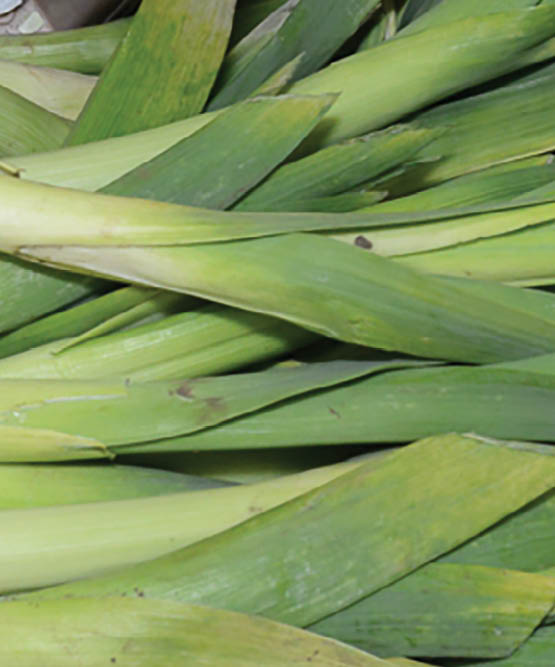Consumer demand for protein products expected to double by 2025.
Can the Minnesota ag community benefit?
In response to an ongoing rise in consumer demand for foods with increased protein content, the Agricultural Utilization Research Institute (AURI) released a new study exploring ways Minnesota’s agriculture sector could benefit from this trend. The 47-page report, available for download here, provides a user-friendly overview of innovative, potentially viable sources of plant protein, along with information about extraction processes, nutritional quality, advantages, barriers and market feasibility.
This new report is timely because recent studies indicate the global demand for protein ingredients in food is expected to grow from $25.62 billion in 2016 to $48.77 billion by 2025. Protein ingredients have gained prominence in the food industry, thanks to the escalating consumer awareness and demand for healthy foods. A 2014 study by The NPG Group showed that protein content is the number-one item consumers look for on a nutrition label2, a situation bolstered by the growing negative perception of fats and sugar. Other reasons for the interest in plant proteins include the rising incidence of food allergies, increases in vegan and health-conscious consumers and growth in the number of consumers seeking halal and kosher foods.
“This report summarizes current knowledge, advantages, barriers and areas requiring further investigation around plant protein opportunities to capitalize on changing consumer preferences,” said AURI executive director Shannon Schlecht. “The report offers insights into the potential for existing Minnesota commodities like sunflowers, canola, oats and other crops as well as provides an initial assessment for the viability of a number of new crops in the research phase, such as camelina and pennycress. It also addresses the trend in the uses of “pulses” – leguminous crops producing seeds within a pod; e.g., soybeans, edible beans, lentils, chickpeas – as alternative sources of protein. It’s a valuable report, summarizing the opportunities and constraints to further utilize Minnesota crops as protein ingredients ”
The report was prepared for AURI by Department of Food Science and Nutrition at the University of Minnesota, Saint Paul.
